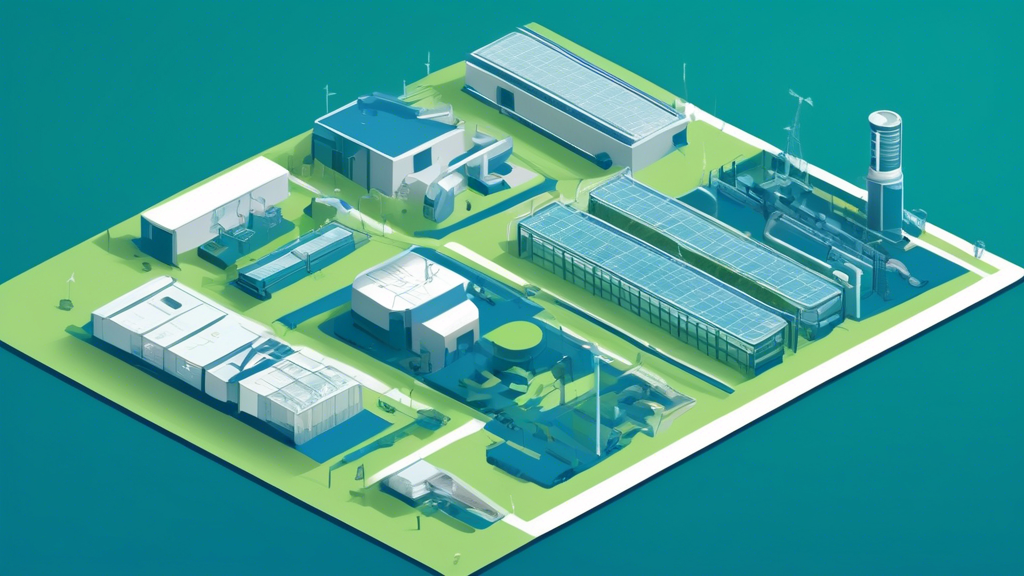“`html
UK Launches HALEU Deconversion Competition
Date: September 3, 2023
The UK government has initiated a significant competition seeking to fund the development of a commercial High-Assay, Low-Enriched Uranium (HALEU) deconversion facility with an allocation of up to £70 million (approximately $90 million). This venture is a part of the UK’s strategic move to bolster its nuclear capabilities, particularly in light of energy security concerns.
Facility Specifications and Timeline
The proposed HALEU deconversion facility is intended to initially process a minimum of 10,000 kgU per year, with future scalability allowing for a capacity of up to 30,000 kgU annually. It is projected that this facility will be operational by 2031, in line with the UK’s broader aspiration of establishing a robust HALEU capability by that timeframe.
Additionally, the competition mandates the design of a commercial-scale metal HALEU deconversion facility, requiring a minimum processing capacity of 5,000 kgU per year. This multifaceted approach emphasizes the UK’s commitment to advancing its nuclear infrastructure.
Collaboration and Industry Involvement
To enhance the project’s scope, the selected applicant must engage in collaborative efforts with HALEU delivery partners, as well as within the wider HALEU supply chain. Notably, potential partnerships may include collaboration with the Nuclear National Laboratory (NNL) to ensure comprehensive development and implementation.
The initiative also outlines a co-funding requirement, expecting a 70:30 financial contribution from industry stakeholders compared to the government funding. The deadline for expressions of interest in the competition is September 5, while full applications will be accepted until September 9.
This funding initiative is part of the £300 million UK HALEU Programme, which commenced in January this year. The overarching goal is to achieve the delivery of up to 24 GWe of nuclear power by 2050, significantly contributing to the UK’s electricity needs and further decreasing reliance on external nuclear material sources, particularly from Russia.
“`










